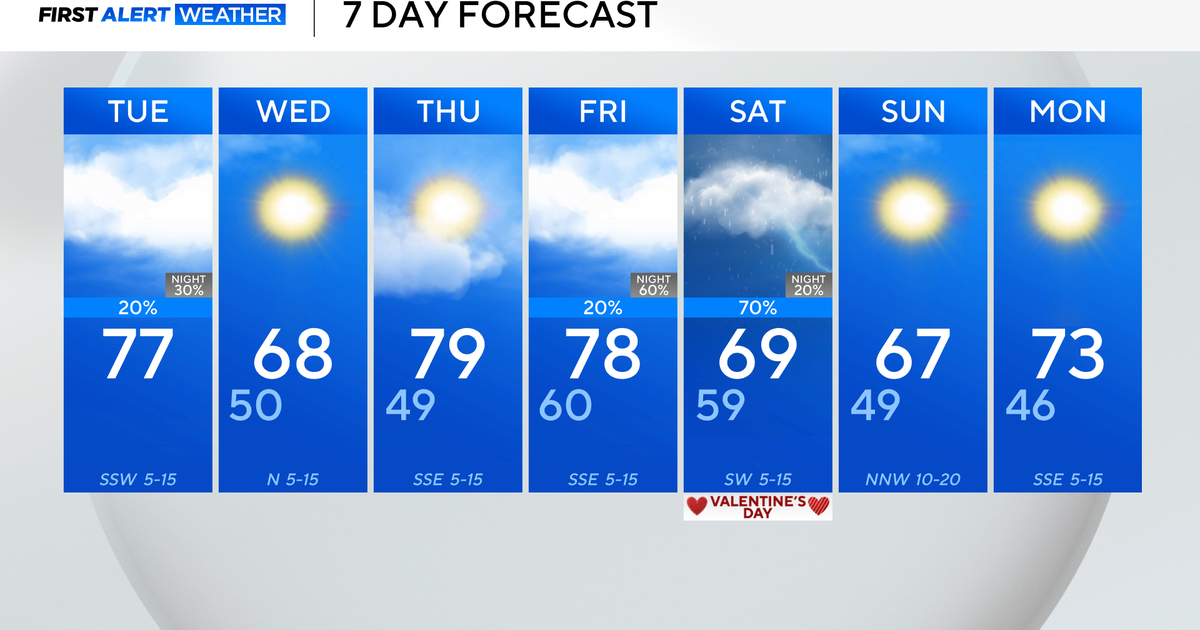7 Easy Mistakes Could Alter Blood Pressure Readings
Follow KDKA-TV: Facebook | Twitter
PITTSBURGH (KDKA) - May is High Blood Pressure Awareness Month. Nobody wants to have high blood pressure, but some people are being misdiagnosed with elevated pressure because of simple mistakes being made when they get their pressure taken.
Crossing your legs or even talking can have a significant impact on your blood pressure reading, according to the American Heart Association, which identifies seven common errors that can lead to inaccurate blood pressure readings.
All of these mistakes can lead to an artificially high reading:
1. Having a full bladder - This can add 10-15 points to your reading. You should always empty your bladder before measuring blood pressure.
2. Slouching, unsupported back/feet - Poor support when sitting can increase your reading by 6-10 points. Make sure you're in a chair with your back supported and feet flat on the floor or a footstool.
3. Unsupported arm - If your arm is hanging by your side or you have to hold it up during a reading, you may see numbers up to 10 points higher than they should be. Position your arm on a chair or counter, so that the measurement cuff is level with your heart.
4. Wrapping the cuff over clothing - This common error can add 5-50 points to your reading. Instead, be sure the cuff is placed on a bare arm.
5. When the cuff is too small - Your pressure may read 2-10 points higher. Ensure a proper fit. Your healthcare provider can help you with this.
6. Sitting with crossed legs - While polite, it could increase a blood pressure reading 2-8 points. It's best to uncross your legs as well as ensure your feet are supported.
7. Talking - Answering questions, talking on the phone, etc. can add 10 points. Stay still and silent to ensure an accurate measurement.
At a high blood pressure symposium in Pittsburgh this January, healthcare professionals and clinicians were tested on accurately measuring blood pressure. Of the 30 participants, only three passed.
"You might be misdiagnosed with having high blood pressure when you actually don't," says Sean Stocker, Ph.D., who chaired the symposium.
Stocker is director of Basic and Translational Research at the University of Pittsburgh Hypertension Center.
Researchers and the American Heart Association encourage patients to know how to get their blood pressure taken and follow the guidelines for taking proper pressure and when taking pressure at home.
For more information about high blood pressure, click here.







